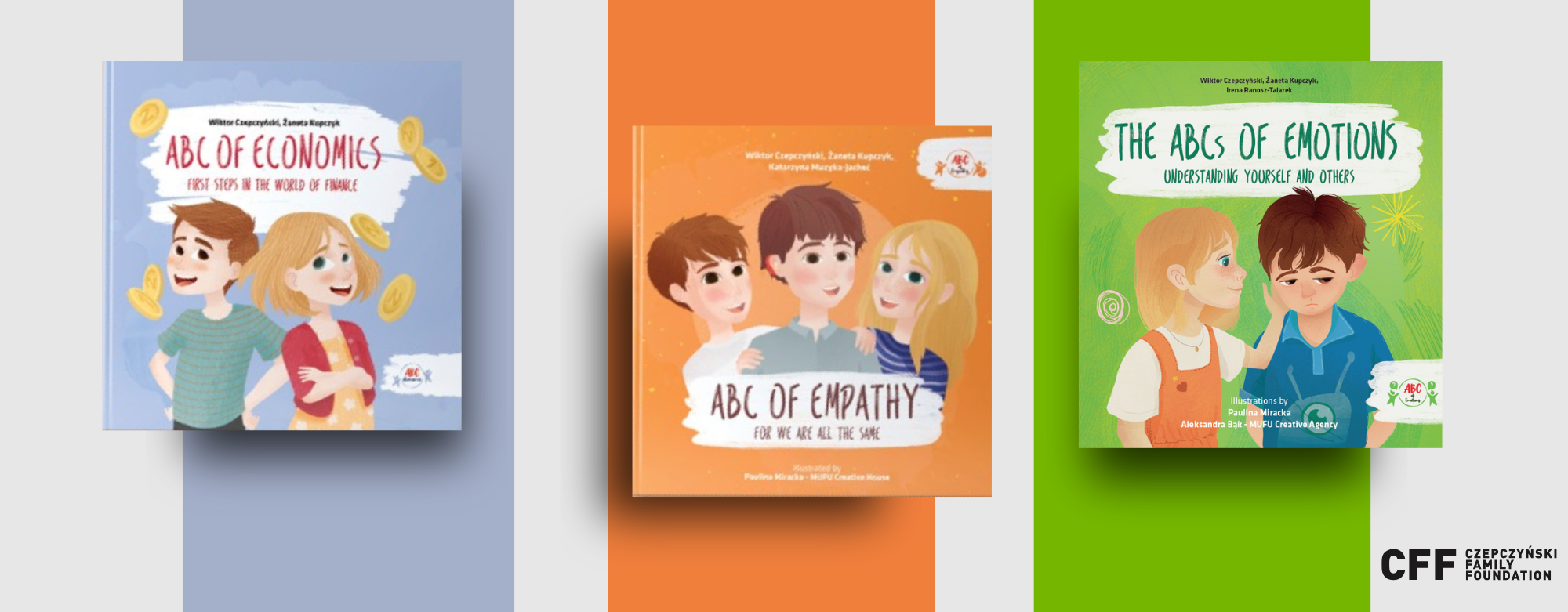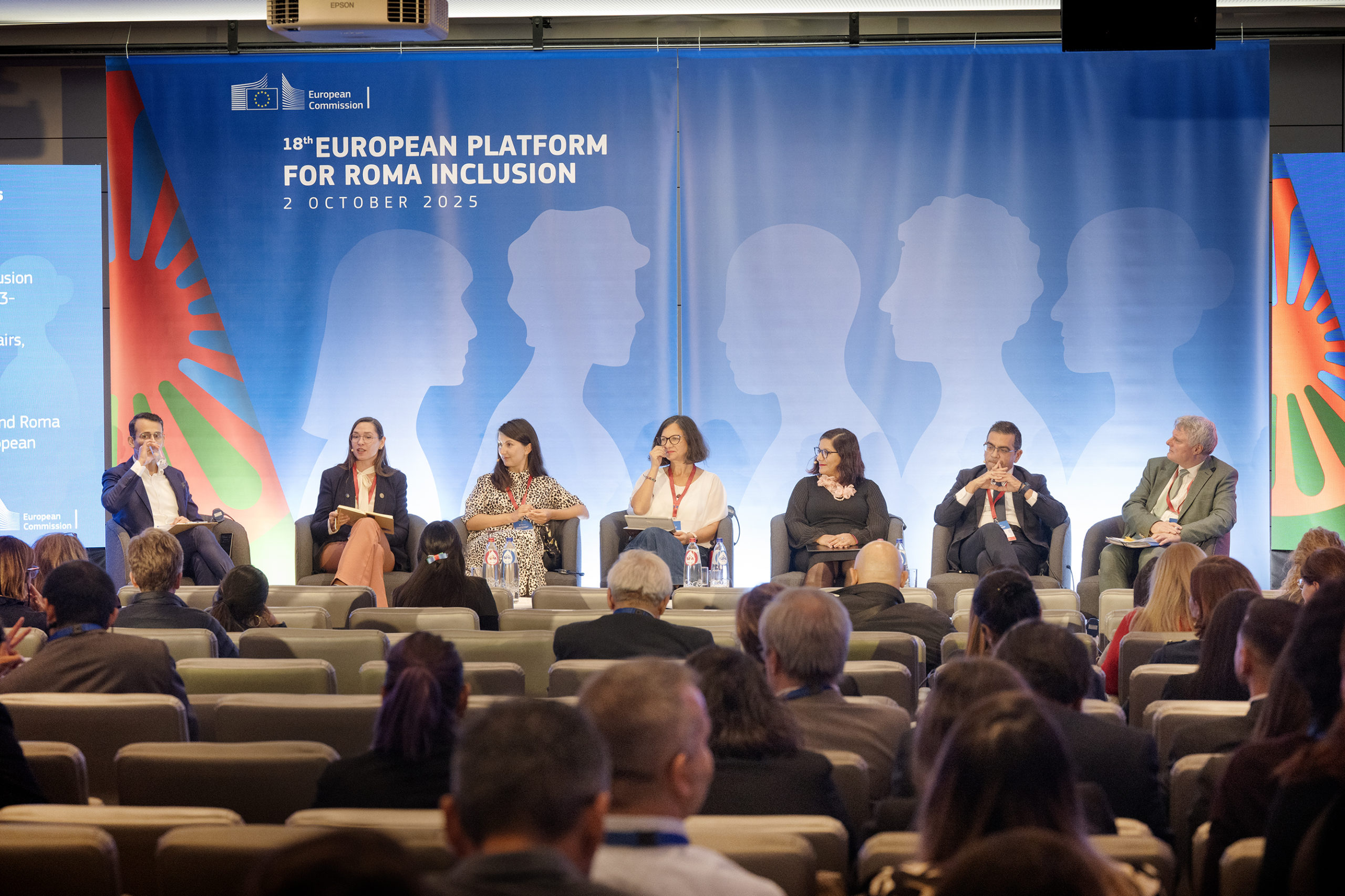Alarming Report on the Situation of Roma Children in Slovakia
Blog by Zuzana Konradova, Eurochild EU Affairs Coordinator.
As Slovakia marks 20 years since joining the European Union, efforts to combat poverty, social exclusion, and injustice have been at the forefront of international, European, and national programmes. However, despite these initiatives and significant investment, the latest report from the Office of the Commissioner for Children in Slovakia reveals a distressing reality for Roma children.
Since May 2024, the Commissioner’s Office conducted extensive field monitoring in ten municipalities with a high proportion of marginalised Roma communities. The findings highlight severe deficiencies in education, school attendance, access to clean drinking water, healthcare, and overall living conditions—fundamental rights that should be protected for all children.
Education
The report underscores serious challenges in the education sector:
- The 6,182 monitored children collectively missed 1,360,264 hours of schooling, averaging 220 hours per child per year. Parents excused 50% of these absences.
- School meals are inadequate; 4,106 children do not receive even one hot meal a day.
- Many children lack basic school supplies as contributions for first-year pupils are misallocated.
- Preschool preparation is often not completed leading to long-term educational disadvantages.
- Seven out of ten schools do not have after-school clubs or have insufficient capacity, depriving children of additional educational support and social skill development.
The 2024 European Semester Country Report for Slovakia also highlights that Slovakia has the lowest enrolment rate in the EU for children under three in early childhood education and care. Although Slovakia has introduced a legal entitlement to pre-primary education for all children aged four (from 2024) and three (from 2025), challenges remain in ensuring equal access for Roma children.
Health
The report also raises alarming concerns regarding health conditions:
- A high incidence of infectious diseases, including hepatitis A, scabies, and intestinal infections, is reported.
- Girls aged 13–16 frequently experience teenage pregnancies, with some expecting their second child. One primary school even reported a 100% pregnancy rate among ninth graders.
- Many children attend school while ill, contributing to the spread of diseases among students and teachers.
Living Conditions and Environment
The living conditions in marginalised Roma communities are dire:
- Only 4 out of 10 monitored municipalities have access to a proper water supply. One municipality lacks even a drinking water dispenser.
- Several drinking water dispensers are in unsanitary conditions, surrounded by garbage and human waste.
- Children play in hazardous areas, such as illegal dumps, increasing their exposure to severe health risks.
- Out of 13,100 residents, only 5,359 have access to a sewerage system.
Call for Urgent Action
Commissioner for Children Jozef Mikloško has issued an urgent SOS call for systemic solutions. He has appealed to ministries, local governments, NGOs, and other institutions to adopt an immediate cross-ministerial plan to address the crisis in marginalised Roma communities.
Slovakia has already faced legal consequences for its failure to desegregate Roma children in education, with the European Commission referring the country to the Court of Justice in 2023. Moreover, Slovakia is a signatory to the UN Convention on the Rights of the Child, which it ratified in 1991. The findings of this report indicate severe violations of these rights.
As Slovakia continues implementing the European Child Guarantee, an EU policy and funding instrument to combat child poverty and social exclusion, it must prioritise addressing the urgent challenges outlined in this report. Immediate and sustainable systemic solutions are necessary to ensure Roma children have access to education, healthcare, and dignified living conditions, as is their fundamental right.
More findings on the situation of children’s rights are available in the Slovakia country’s profile of Eurochild's latest report Children's Realities in Europe: Progress & Gaps





